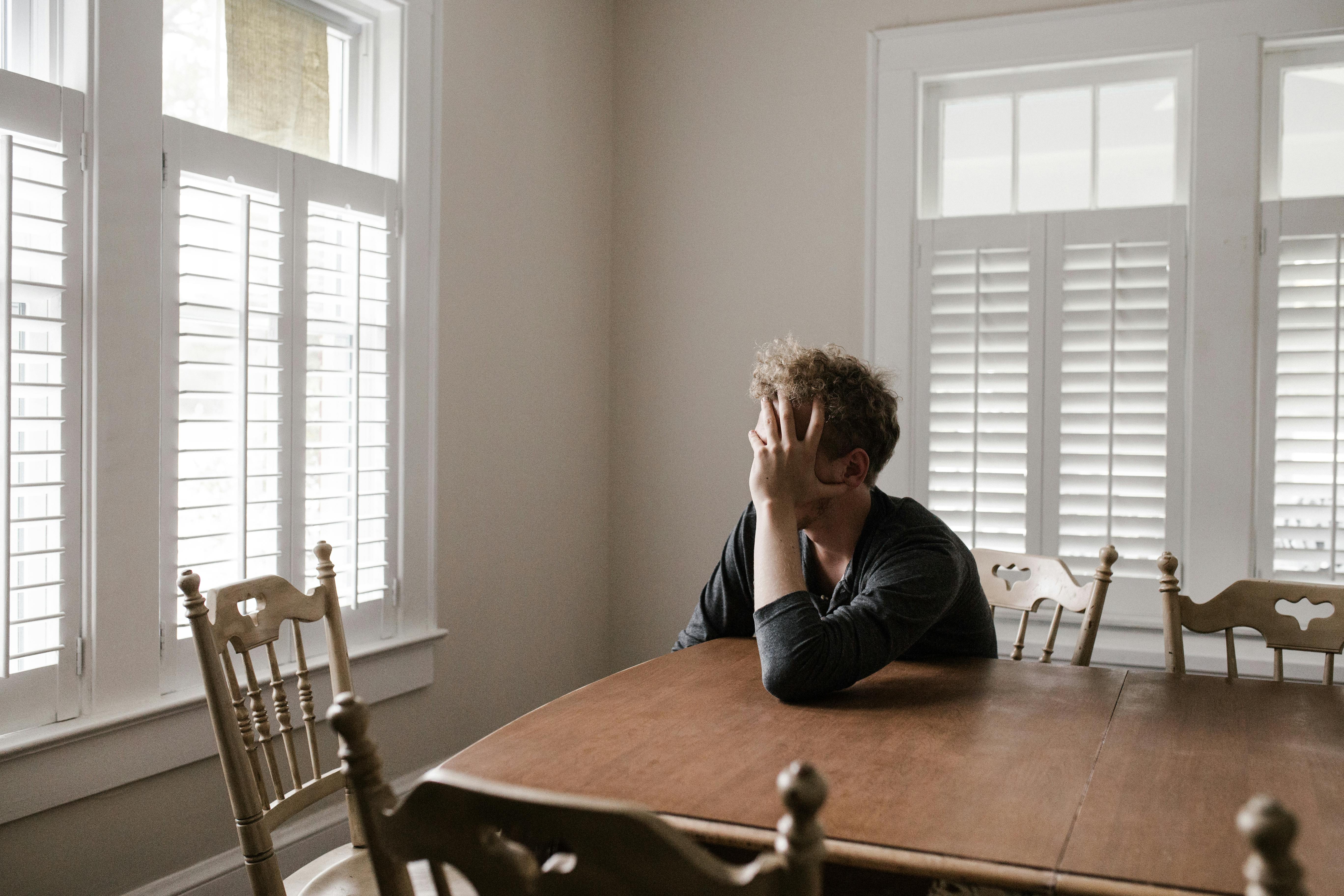For individuals struggling with compulsive sexual behaviour, the fear of relapse can be overwhelming. One misstep can feel like it erases months, even years, of progress. And for those already dealing with legal consequences—like probation, mandated therapy, or court scrutiny—slipping up isn't just personal; it can carry weight in the justice system. But the truth is, healing from sex addiction doesn't follow a straight line. And setbacks don't mean you've failed. They mean you're still engaged in the process.
Comprehensive Treatment Clinic offers one of the best options for individuals seeking focused recovery, whether through structured inpatient programs or confidential online support. With offerings that include one of the leading inpatient sexual addiction treatment centers in Utah and accessible online sex addiction treatment from states like Idaho, the clinic meets people where they are—both literally and emotionally.
This blog will reframe how relapse is viewed, explain what setbacks actually mean in the context of healing, and share why self-compassion, accountability, and ongoing support make all the difference.
Why Relapse Happens in Recovery
Sexual addiction, like any behavioural addiction, alters brain chemistry. Dopamine pathways become conditioned to expect gratification through compulsive sexual behaviour. Even after a period of abstinence, old triggers—stress, loneliness, shame, even boredom—can reignite those neural pathways.
Common relapse triggers include:
- Stressful life eventslike job loss or legal trouble
- Emotional triggerssuch as shame, guilt, or isolation
- Environmental cueslike unmonitored internet use or unsupervised living conditions
- Overconfidence—thinking one is "cured" and letting down their guard
A relapse doesn't come out of nowhere. It usually follows a pattern of emotional and behavioural signs, which is why consistent support and self-awareness are key.
What Setbacks Actually Mean
Too often, relapse is viewed as erasure—as though progress is wiped out. But in reality, a setback provides information.
Here's what it might be telling you:
- A coping strategy stopped workingand needs to be reassessed.
- A trigger wasn't fully understoodand is asking for more attention.
- A support system wasn't strong enoughat that moment, and might need reinforcement.
- Accountability measures were too looseor inconsistently applied.
Relapse isn't proof of weakness. It's evidence that the person is still confronting the issue instead of ignoring it. For defense attorneys representing clients with compulsive sexual behaviour concerns, understanding this can be the difference between pushing for punitive consequences or encouraging rehabilitative outcomes.
The Danger of Shame in Silence

Shame after a setback often leads people to hide. This secrecy only reinforces the addiction cycle, as the behaviour thrives in isolation.
Consider the following cycle:
- Urge or emotional pain arises
- Addictive behaviour occurs
- Immediate relief, followed by guilt
- Avoidance and secrecy
- Increased emotional distress
- Return to addictive behaviour
Breaking this pattern requires honesty, not perfection. People need safe spaces to admit relapse and receive support without fear of rejection or punishment. That's where long-term recovery work happens.
Redefining Progress
Healing can't be measured only in abstinent days. Progress is about:
- How quickly someone responds to a slip
- Whether they seek support instead of isolating
- Their ability to reflect and learn from the experience
- How well they maintain their routines and boundaries afterward
Recovery is a skill that improves with time. Just like learning to walk involves falling, learning long-term emotional regulation and impulse control comes with stumbles.
What Helps After a Setback?
Instead of spiralling into self-blame, individuals can ask themselves:
- What did I feel right before the relapse?
- Who or what could have helped in that moment?
- What can I do differently next time?
Helpful strategies post-relapse include:
- Reaching out to a sponsor or therapist immediately
- Reassessing triggers and updating a relapse prevention plan
- Engaging in healthy behaviours that rebuild self-worth
- Doubling down on group meetings or structured programs
Those who return quickly to structured support—whether through an in-person group or online sex addiction treatment—are more likely to restore stability.
Setbacks Are Not Dead Ends—They're Signals

Many individuals recovering from sexual addiction have histories of trauma, emotional neglect, or other co-occurring mental health conditions. A setback may be a flare of those deeper wounds—not a moral failing. That's why treatment must address more than behaviour. It must look at the whole person.
Comprehensive Treatment Clinic understands this. With one of the best sexual addiction recovery center options in Utah, their team provides trauma-informed care in a setting that fosters accountability without shame. For those unable to attend in person, their online sex addiction treatment program extends support to states like Idaho, offering discretion and structure from the safety of home.
Whether court-mandated or self-referred, individuals can find judgment-free help that understands setbacks aren't detours—they're part of the process. The clinic's programs combine cognitive-behavioural therapy, relapse prevention training, and group support to help clients rebuild trust, boundaries, and long-term emotional regulation.
If you or someone you represent is seeking meaningful change, Comprehensive Treatment Clinic offers one of the most trusted inpatient sexual addiction treatment centers in Utah, along with remote options that include online sex addiction treatment in Idaho. These services are designed to support individuals in moments of strength and struggle—because healing doesn't require perfection, only persistence. Contact them today to begin again—with structure, support, and compassionate care that meets you where you are.
Author Bio
Mark G. Ellison is a mental health writer with a focus on addiction recovery, trauma-informed care, and behavioral therapy. With over a decade of experience covering topics related to compulsive behaviors and justice-involved treatment, he is committed to destigmatizing recovery and supporting evidence-based approaches to healing.






